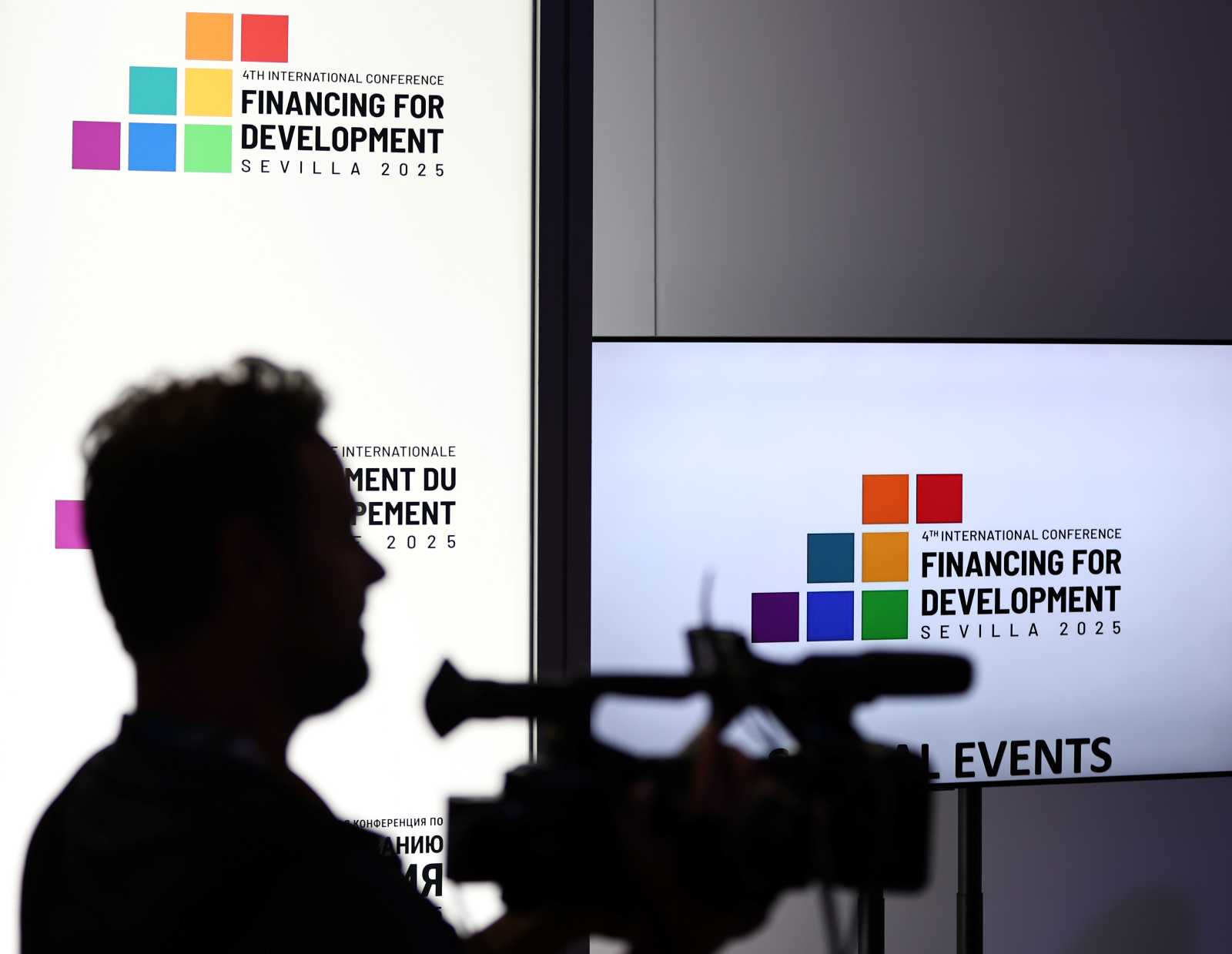Financial Markets
Cooperation is essential
[ By Robert Elsen ]
The shock caused by the collapse of Lehman Brothers, the investment bank, in September of 2008 proved once and for all that efficient financial supervision matters. Control agencies must be in a position to prevent disasters of this kind.
The global economic crisis also shows that there already is a high level of international integration. Export-oriented countries such as Germany and China in particular felt the impact of the global trade slump. Obviously, international business relations in the real economy also need coherent rules.
A well-regulated capital market creates trust, and thus stimulates both foreign and domestic investments. In any event, an economy’s success depends on a properly operating financial system. Small investors in particular need have faith in the competence of financial institutions and rely on the security of their deposits. Unless they put their money in banks, their savings will not earn interest and, from an economics viewpoint, become practically worthless, because the money is not made available for investments in the form of loans.
In market economies, the financial market must be aptly regulated and monitored for security and trust are to prevail. Investor trust depends on clearly regulated procedures. Moreover, rules on deposit protection must guarantee that, in the event of a bank collapse, small investors recover as much of their savings as possible.
There is no standard model for financial-markets supervision. Most countries have set up special authorities for this purpose. In Germany, the bancassurance model has been applied after the Bundesanstalt für Finanzdienstleistungsaufsicht (the German Federal Financial Supervisory Authority – BaFin) was established in 2002. It is in charge of the three key sectors of
– banking supervision (BS),
– securities supervision (SS) and
– insurance supervision (IS).
As the German Bundesbank is also involved in the supervisory process, experts speak of a “modified bank-assurance model”.
The next reform, however, is already lined up. The coalition agreement of Germany’s Christian Democrats with the Free Democratic Party foresees that the role of the Bundesbank will be boosted further. For all practical purposes this will probably mean the integration of BaFin into the Bundesbank. The architecture of financial-market supervision is being reconsidered in many other countries too.
The Netherlands traditionally rely on a “twin-peak model”, with one joint supervisory authority for BS and IS and a separate one for SS. In China, there are three separate supervisory bodies for BS, SS and IS.
The current financial crisis, moreover, has made obvious that there is need for another kind of supervision beyond BS, SS and IS. Experts are now discussing options for “macro-prudential supervision”, with supervisors not focussing on the conduct of individual actors, but assessing the interaction between actors. One reason for the current crisis, after all, was that national supervisory bodies did not realise how individual securities transactions were adding up to system-relevant risks. That macro-prudential supervision must be coordinated internationally seems self-evident because, in many cases, problematic transactions were carried out across national borders.
Another relevant issue is the supervision of rating agencies. They have a record of coming up with over-optimistic assessments that did not match recent developments. Top managers’ bonuses are another politically hot topic. Indeed, the incentives investment bankers were given in the past were often linked to short-term results instead of rewarding long-lasting, sustainable achievement. The Financial Stability Board, an umbrella body of supervising authorities and regulators from the world’s largest economies, defined principles in September 2009 that have since served as international standards.
Supervision across borders
For many years, growing international integration had already been leading to greater international cooperation of supervisory authorities before the crisis struck. This trend took hold in regional as well as global settings. In Europe, there has been marked progress within the EEA, the European Economic Area (EU plus Norway, Iceland and Liechtenstein).
The integration of the European capital market is most evident in what is called the “European Passport” for financial institutions and issuers of securities. The Passport is about one-off authorisation by a financial supervisor in one member state (the so-called “home member state”) being valid throughout the EEA without further approval. The European Passport has set an international example.
For a collectively-binding approval system to work, all parties involved must trust one another as well as rely on the same legal framework. Europe’s capital-markets directives provide member countries with common legal ground. Trust is instilled by representatives from the national supervisory authorities meeting regularly in three Europe-wide committees for BS, SS and IS. These committees draw up new guidelines on behalf of the European Commission, if so required.
A report published last year proposed stronger financial supervision in Europe. According to the paper, a European Systemic Risk Council (ESRC) should be established as the new body for macro-prudential issues. It would monitor companies’ international operations and identify risks to financial stability arising within the financial system as a whole. The national supervisory authorities would work in tandem with this pan-European supervisory authority, and, in a further stage of gradual harmonisation, the three existing committees for BS, SS and IS would evolve into supervisory authorities. In autumn, the European Commission decided in favour of this approach.
For the new system to be implemented, member states of the EEA have to give up yet more sovereign power. Member countries generally accept doing so because it serves the common good. Pooling responsibility this way might also make sense in other regional alliances, such as ASEAN in South-East Asia, African groupings such as SADC, EAC, ECOWAS or Mercosur in South America.
For historical reasons, Europe has made particular progress towards regional integration. After two devastating World Wars in the 20th century, Europeans’ willingness to look beyond the nation state in favour of a larger, trans-border community is especially pronounced. Accordingly, European institutions have a lot of experience they are prepared to share with foreign partners (see box).
In comparison, cooperation between many Asian and African as well as Latin American countries has hardly taken off. After the experience of colonial rule, many of these countries have little inclination to give up national sovereignty. Furthermore, autocratic tendencies in some countries make it difficult for neighbours to embark towards some kind of supranational power sharing.
International integration is making headway nonetheless. In the past decades, economic liberalisation and democratisation resulted in the rapid expansion of global trade and a gradual convergence of national economies. In many regions of the world, decisionmakers understand the advantages of close cooperation with neighbours, including comparative cost advantages thanks to lower administrative expenditure. Moreover, groups of countries have more say in multilateral decisionmaking than individual countries do, and crises can be more effectively managed through in joint action.
Last but not least, the demand for wider international harmonisation has grown due to the global financial crisis. The trend towards an international arena, in which large developing countries play a greater role than before, is most evident in the G20 summits.












